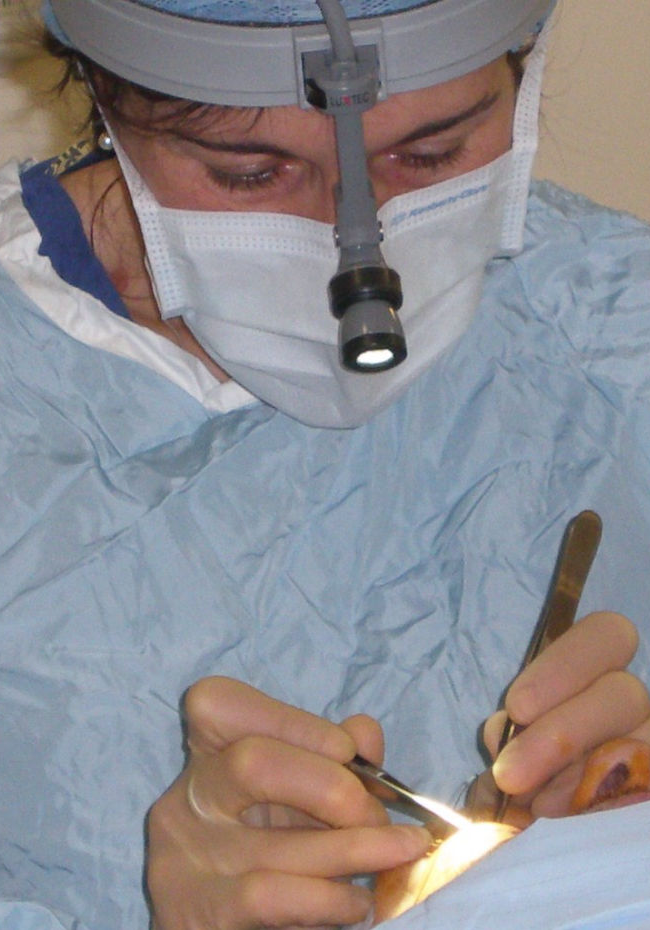Q&A with Susana Morley
I have been a consultant ophthalmologist for 11 years. I am the lead oculoplastic surgeon at one of the largest NHS teaching hospitals in the UK (Guys and St Thomas' NHS Trust). My NHS work involves helping patients with problems related to their eyelids and associated structures. I have two specialist oculoplastic surgical operating lists a week. I work closely with the dermatology team. I perform complex eyelid reconstructive surgery on patients who have had to have part of their eyelid removed due to skin tumours, I find this work intersting and challenging.
My aim in running the eyelid clinic is to provide patients an alternative to the standard non specialist "cosmetic" clinics which are available. I don't think is realistic for one surgeon to be an expert in multiple surgical sites. I never "advise" or "recommend" aesthetic surgery - after all it is not medically necessary. What I do offer patients is an expert, professional opinion on the risks and benefits of surgery so that patients can make their own decision regarding their treatment. Following all consultations the patient will recieve a full letter in the post outlining the consultation, my findings and my professional opinion. The patient can then take time to consider their options.
All of medicine has become increasingly specialised as it is widely recognised that surgeons concentrating in one area become more expert and are able to offer better opinions and surgical outcomes. This is largely because specialising in one area allows the surgeon to see a greater volulme of cases in that particular area including complex cases and possible complications. For example, within opthalmology I have colleagues who specialise in the cornea, others sepcialising in glaucoma and others in vitreoretinal surgery. I specialise in the eyelid and the surrounding structures (oculoplastic surgery).
An inital consultation lasts 40 minutes. During this time you will have the opportunity to ask questions and I will listen to your concerns and examine your eyes carefully. This includes looking at the back of your eyes (the retina) and checking the general health of the eyes (including looking for dry eye which may be exacerbated by surgery). I will address your specifc area of concern and document my clinical findings. I will give you an honest and objective appraisal as to whether your problem can be dealt with surgically and will outline the risks and potential benefits of surgery. Please be aware that my professional opinion may be that your condition is not suited to surgical treatment.
I perform two oculoplastic surgery operating lists a week where I operate on 3-6 patients per list. In addition, I perform eyelid reconstruction (where the eyelid has been removed following resecton of a tumour) on up to three patients per week. I have performed hunderds if not thousands of operations on patients eyelids.
The outcomes of aesthetic surgery are subjective and it is important that patients have realistic expectations of the results of surgery as it is diificult to define a clear "end point". My complication rates in terms of the potential major complications arising from surgery are very low. My general appraoch to surgery is cautious rather than an agressive which limits the risks. In addition, I am fully aware of the potential risks and complications of oculoplastic surgery and how to avoid them and deal with them should they arise. I perform revision surgery on patients who have devloped complications from surgery performed by other surgeons.
